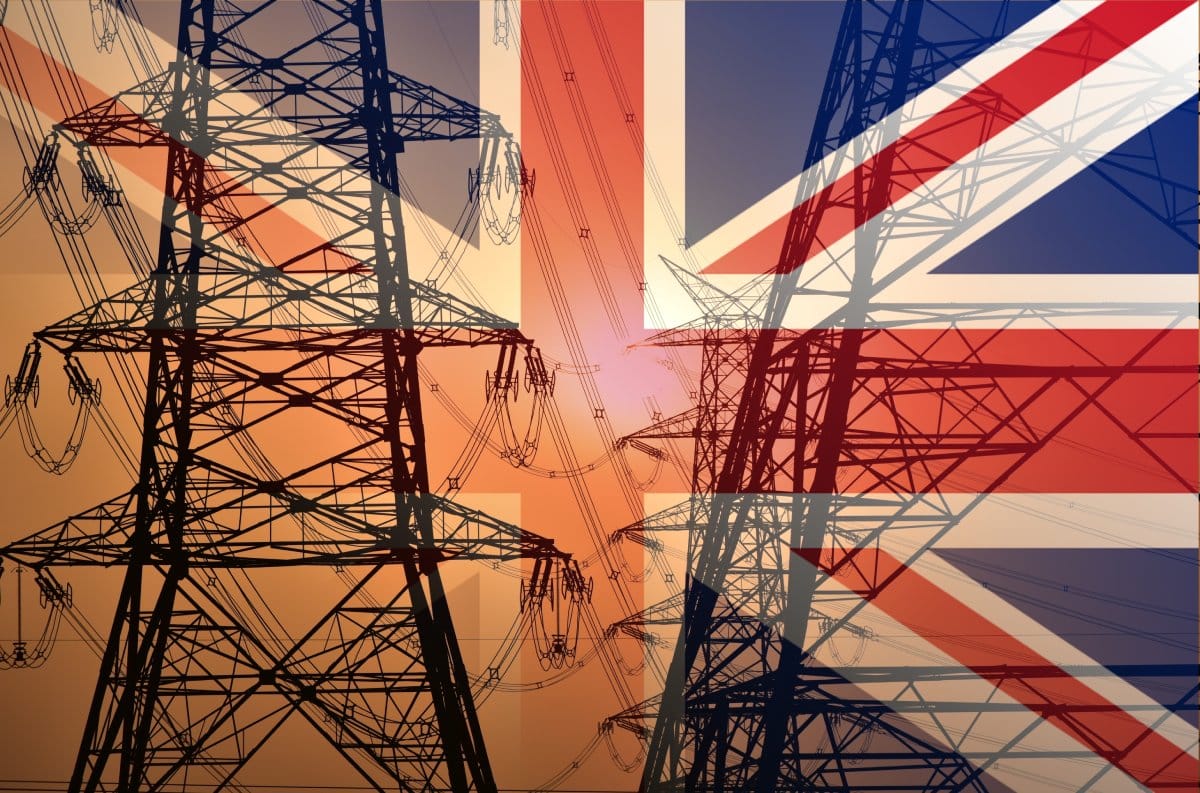As energy prices are expected to see a significant 16% reduction in April, Cornwall Insights latest projections offer some hope for UK households experiencing an ongoing cost of living crisis. Here’s the full story.
A Light at the End of the Tunnel
In a rare respite from the rampant cost of living crisis currently afflicting the country, energy consumers in the United Kingdom can expect a merciful respite soon as consultancy firm Cornwall Insight predicts a substantial 16% drop in energy prices in April of this year.
This hopeful projection offers a glimmer of hope for households that have had to stomach two years of prohibitively expensive energy costs, which have also contributed significantly to the country’s stubbornly high inflation rate.
This optimistic projection comes from the brains behind Cornwall Insight, a reputable consultancy firm, which anticipates a substantial decline in annual household energy bills.
This change will be particularly noteworthy for typical gas and electricity consumers. The unexpected price drop, from £1,928 to £1,620, is credited to healthy energy stocks and a positive supply outlook for energy. These factors have kept the wholesale market relatively stable and led to the first good news households have had in some time.
Outside Factors
Though the price drop is not guaranteed, Craig Lowrey, the principal consultant at Cornwall Insight, has confidence in their optimistic predictions. Lowrey maintained that if healthy energy stocks and a positive supply outlook continue, energy costs could reach “their lowest since the Russian invasion of Ukraine.”
To fully understand the impact energy prices can have on consumers, it’s essential to grasp how Ofgem, the energy regulator in the UK, operates the price cap.
The current cap for a typical household in England, Wales, and Scotland, paying by direct debit, is set at £1,928 annually. However, this cap pertains to the price per unit of energy, not the overall bill, meaning if households use more, their bill will increase. Ofgem caps the gas price at 7p per kWh and electricity at 29p per kWh.
If the prayers of many UK households are answered and Cornwall Insight’s forecast proves accurate, those same families can expect a 16% reduction in their annual bills, translating to £1,620 in April.
The consultancy further predicts a continued decline to £1,497 in July, followed by a slight increase to £1,541 in October. Despite these optimistic projections, there is still some bad news, as bills are expected to remain higher than they were before the Ukraine crisis began.
War, What is it Good For?
While there is continued uncertainty surrounding the wholesale price of oil due to the ongoing blockade by Houthis in Yemen, UK, and US airstrikes, as well as other rising regional tensions in the Middle East, so far, mercifully, these factors have not led to price hikes. Cornwall Insight highlights the positive impact of supplies of liquefied natural gas from the US and low prices in the Asian market in keeping energy prices down.
Persistently high energy prices have been a decisive factor contributing to the UK’s stubbornly high inflation rate. This inflation, in turn, has pushed up interest rates and borrowing costs, making life harder for many families struggling under the ongoing cost of living crisis.
Despite some financial support the government offers, the effect has been that of a sticking plaster on a mortal wound, particularly for families and individuals in vulnerable situations who are most at risk. As things currently stand, nearly £3 billion is owed by customers who cannot pay their bills to energy suppliers. Therefore, These customers are at risk of losing electricity and heat during a bitterly cold winter.
Spend Money to Save Money
The UK’s regulator, Ofgem, having decided that there is still some juice left to squeeze out of UK households, is contemplating a £16 addition to a typical household bill between April and March 2025.
This measure aims to, paradoxically, provide suppliers with the necessary funds to offer prepayment plans and write off debts owed by consumers. It should be noted that these regulations will not apply to Northern Ireland, where the energy sector is subject to differing rules.
The predicted fall in energy prices offers a reprieve for UK households, yet serious challenges persist. However, while families struggle with the cost of living, any sign of a reduction in outgoing expenditure should be taken as a hopeful sign of good news. However, whether this positive outlook will be proven correct remains to be seen.
The post Cheaper Light at the End of the Tunnel: UK Energy Costs Predicted to Drop in April first appeared on Edge Media.
Featured Image Credit: Shutterstock / singh_lens.
Grant Gallacher is a seasoned writer with expertise in politics and impactful daily news. His work, deeply rooted in addressing issues that resonate with a wide audience, showcases an unwavering commitment to bringing forth the stories that matter. He is also known for satirical writing and stand up comedy.

